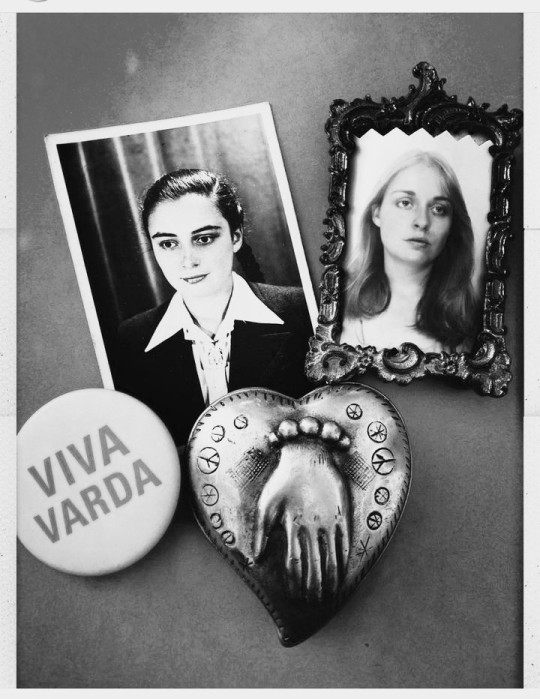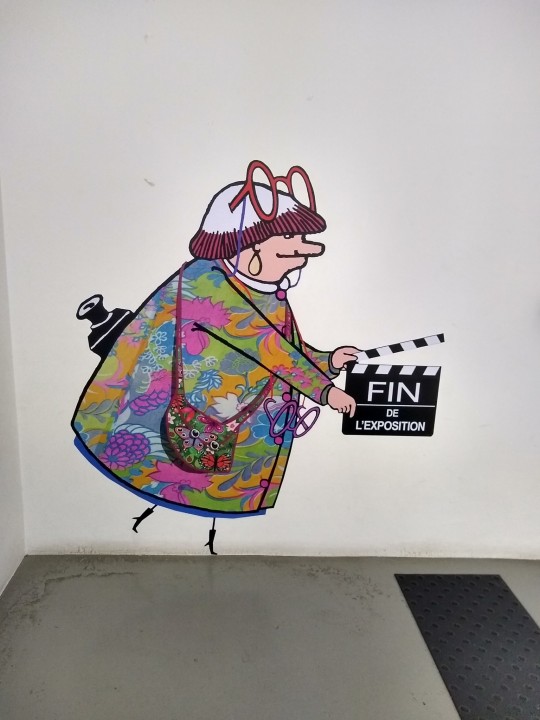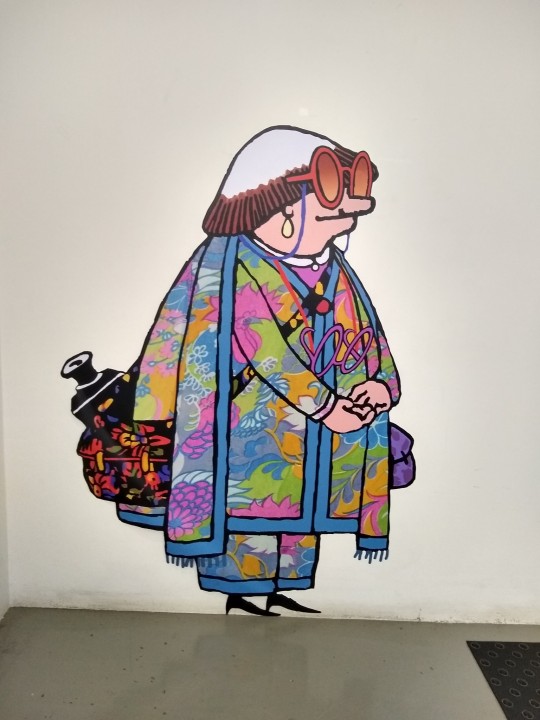#Viva Varda
Text
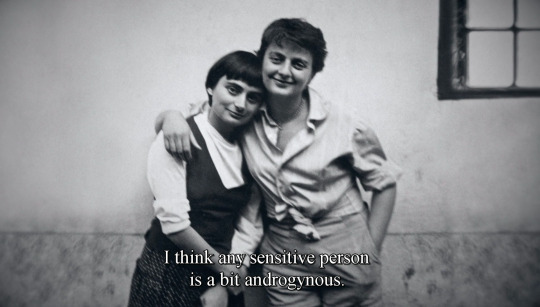
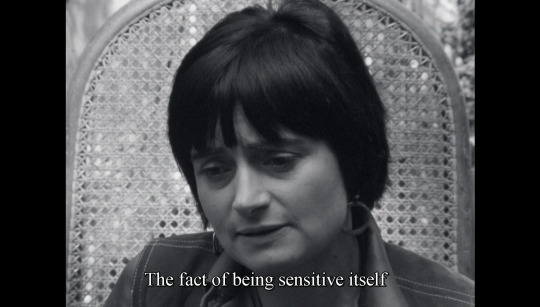

Viva Varda! (Pierre-Henri Gibert, 2023)
#Viva Varda!#Viva Varda#Agnès Varda#Varda#Agnes Varda#Pierre-Henri Gibert#Pierre Henri Gibert#2023#documentary#freedom#lgtb#lgtbi#lgtbiq#interview
2K notes
·
View notes
Text
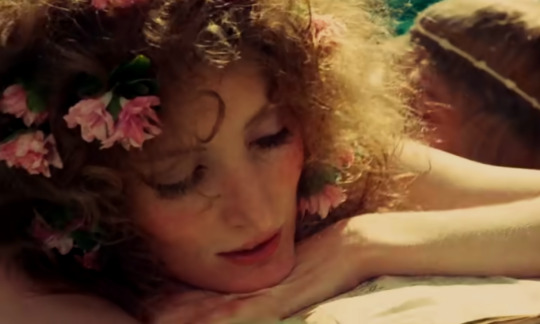
Viva dans “Lions Love (… and Lies)” d'Agnès Varda (1970), mars 2024.
51 notes
·
View notes
Text

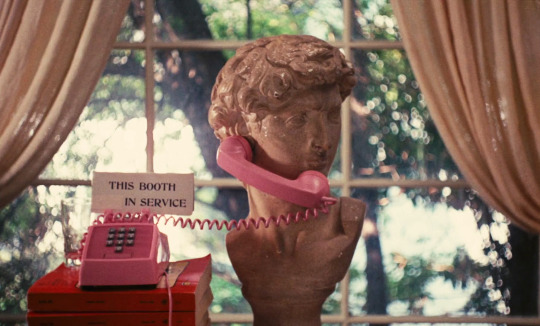

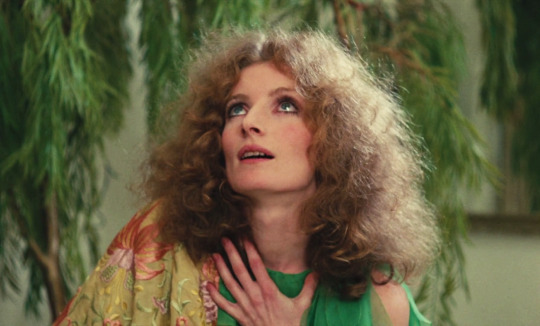

Lions Love (1969), dir. Agnès Varda
#lions love#agnès varda#shirley clarke#viva#film#film stills#filmedit#movies#movie stills#film aesthetic#cinema#cinephile#my posts
160 notes
·
View notes
Text
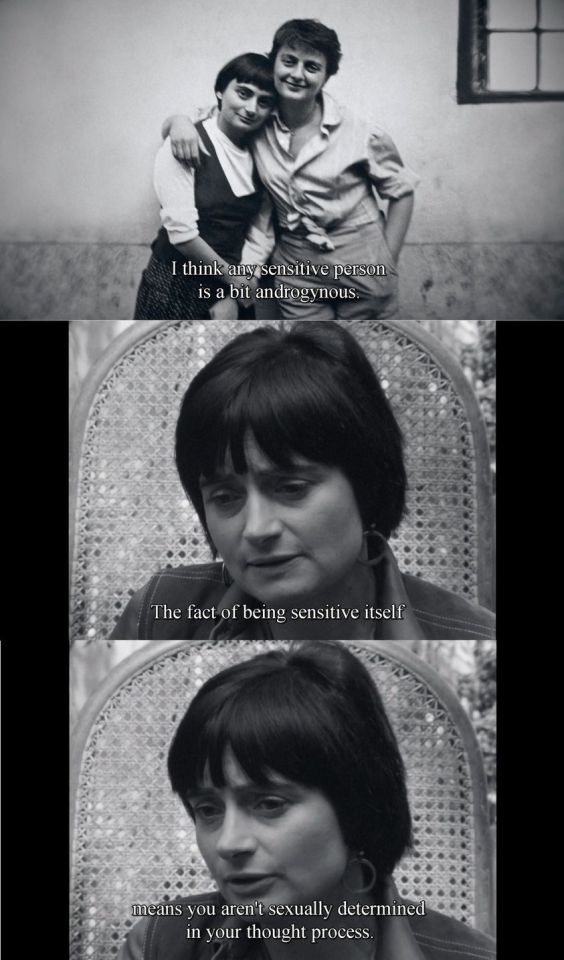
Viva Varda!, Pierre-Henri Gibert 2023
8 notes
·
View notes
Note
Agnes Varda is today's Google Doodle! 🍨
VIVA VARDA!!!!!!!!!!!!!
3 notes
·
View notes
Text
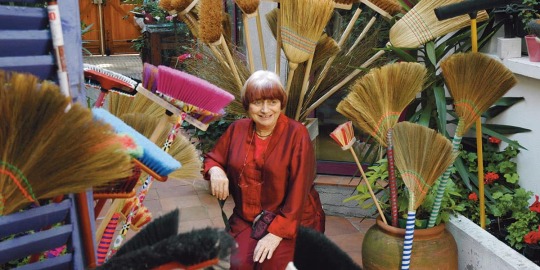
new-to-me #685 - Viva Varda!
3 notes
·
View notes
Text
tagged by soph @nizynskis for my top 9 movies (im making it 10 btw because it looks better on a grid and also i love things too much ) anyways tysm soph always a pleasure i love doing these
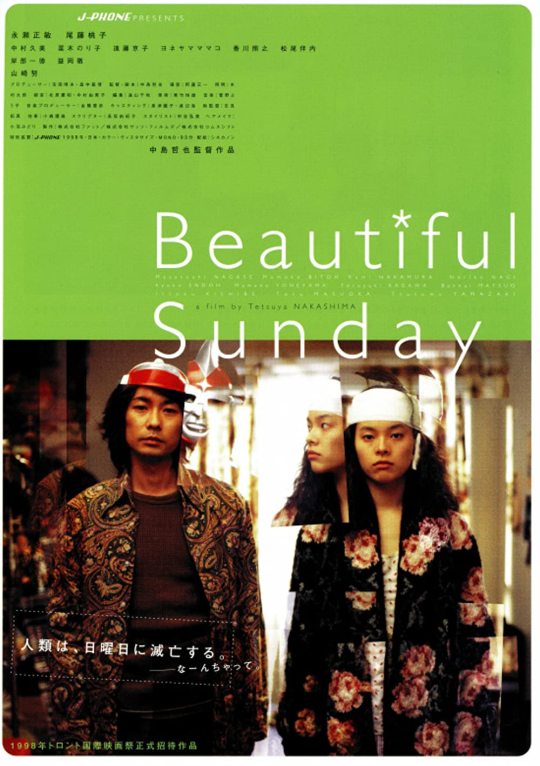
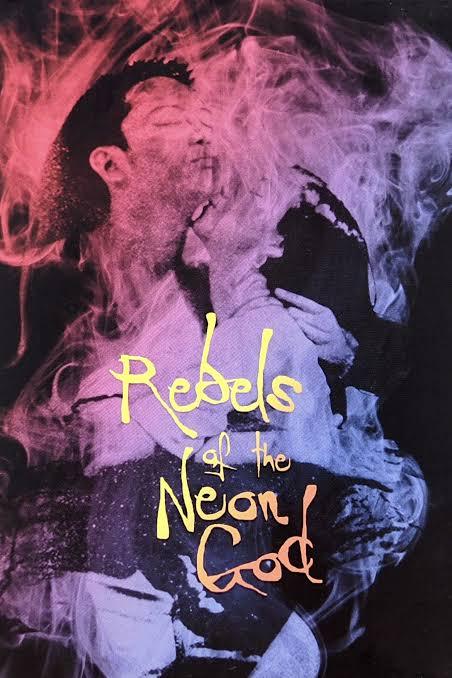
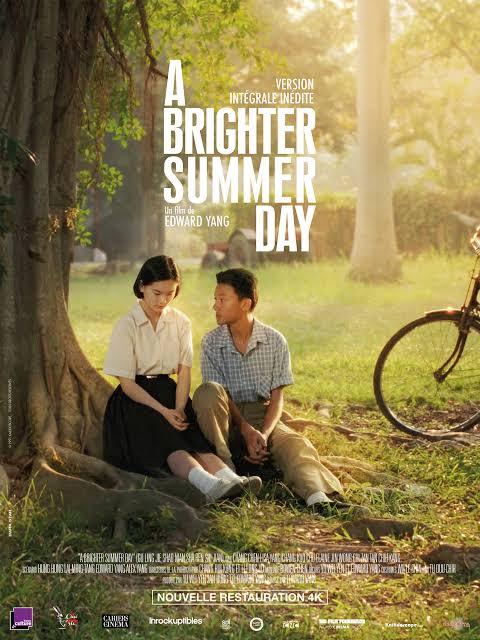
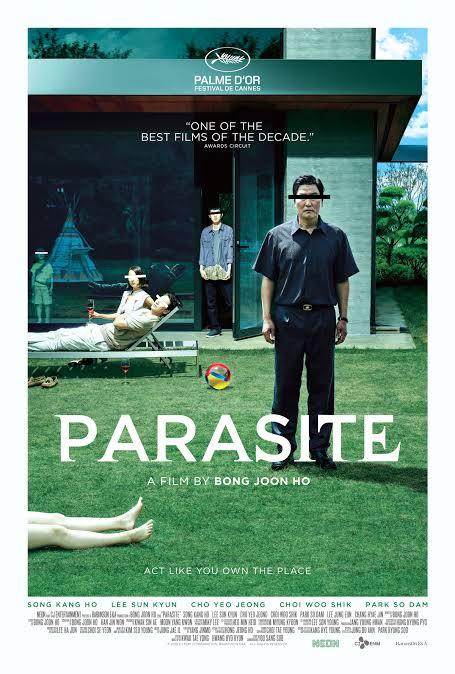

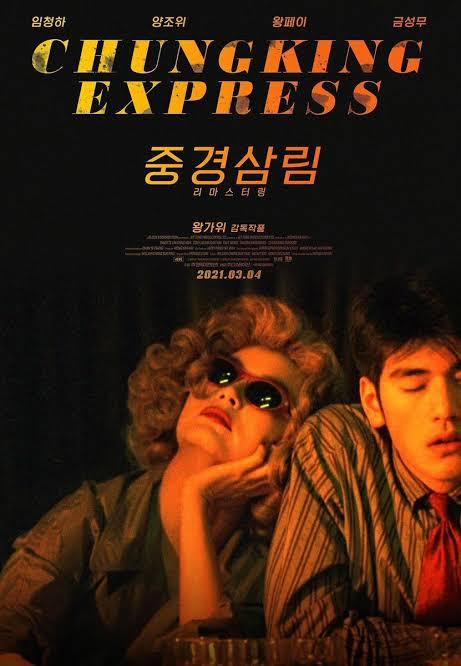
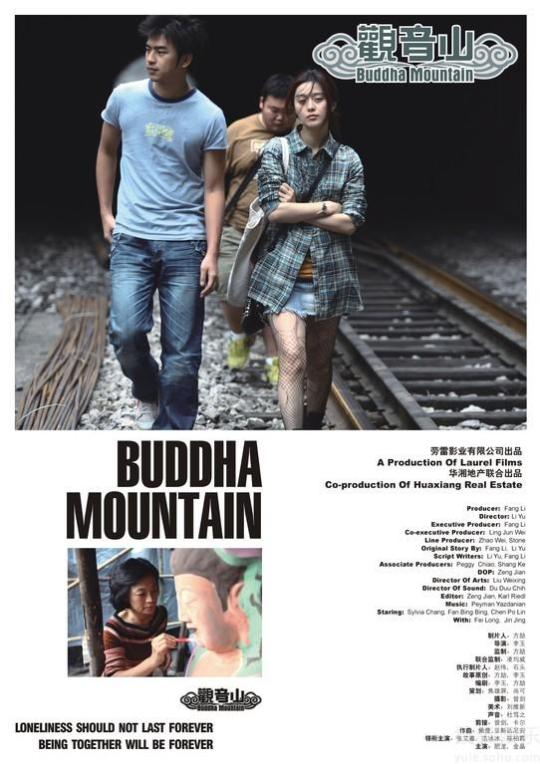
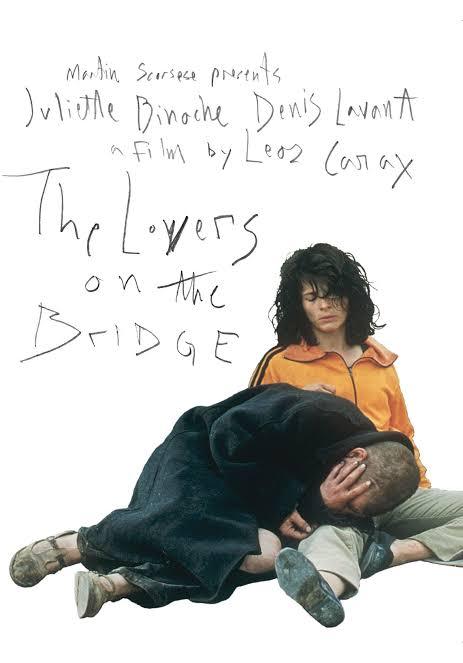

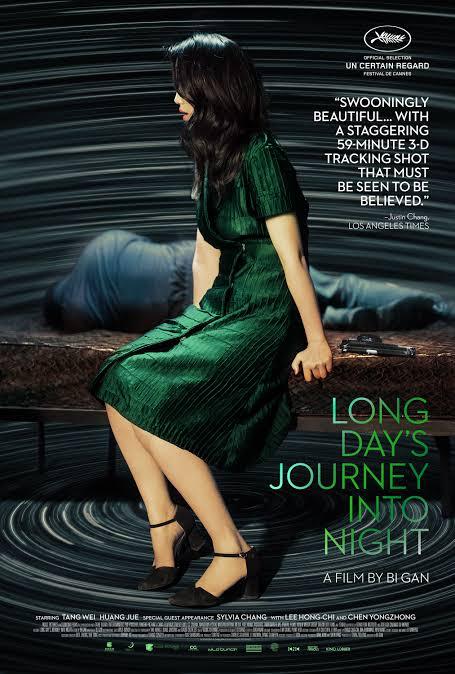
so yes i think Beautiful Sunday is just the most amazing thing ever i spent monthsss looking for it and trying to find a decent download and goddd im forever happy i did. its the perfect movie about nothing in particular, it just captures that specific air of laziness that comes on Sundays where you're just content doing nothing. it means so much to me
i put Rebels of the Neon God up here over Vive L'Amour which i prefer , mostly because it was my introduction to Tsai Ming Liang. i found the movie slow at first but then Vive L'Amour cemented Tsai as one of my favorites. Besides, this movie is the start pf Hsiao Kang's entire legacy so really, you can't have Vive L'Amour without this. his films are slow of purpose and the rhythm of everything is initially hard to adjust to, but when you give it time, you'll find the most thoughtful and beautifully shot meditations on loneliness in modern living. in Tsai's movies, Taiwan looms over the characters. its a cage of skyscrapers you cant free yourself from with drugs or alcohol. the city eats everyone whole.
Parasite is just ahhh its why i love movies so much it really is. it made me a cinephile. it made me want to make movies and ive seen it the most out of any of these. i even saw it with my english teacher at the cinema. this movie is a defining part of my life it really is
A Brighter Summer's Day is just splendid. the purpose of art is never to be relatable but i couldn't help draw parallels to every part of my life. the constraints of Taiwan's development reminded me of my own state's troubled history. classrooms of boys hiding behind their shallow ideas of masculinity. Xiao Sir's lonely childhood spent lazing away in brief lapses of summer. i cant help but feel it so closely, youth taken away by a struggle for identity and stability both in the nation of Taiwan and in Xiao Sir's own life
and to Chungking Express i send all my love, my introduction into the dreamy haze of Wong Kar Wai. it remains my favorite in his filmography. fun thing was i got to watch it with Chick too. chick if ur reading this hiiii
Buddha Mountain is frenetic it is relentless, shifting from tragedy to joyous energy in a single cut. and Fan Bing Bing is gorgeous in it so that helps...like i can't go into detail here but i haven't known peace after that bloody kiss scene like i get lightheaded thinking about it . okay wait ill behave.
Mary is Happy, Mary Is Happy is a delight all the way through even in its rather sad final act. the listless joy of friendship , it offered me a a delightful glimpse into it
the rest of these films i can only encapsulate in moments, not because i like them less, but because these moments are just that mesmerizing.
Paris ,Texas has the Super 8 scene. it honestly stuck with me more than the scene in the booth.
The Lovers on the Bridge has THE scene on the bridge , ive showed it to u soph, oh god that scene is bottled joy i get goosebumps just thinking about it
(let me just sneak in the entire Silencio sequence in Mulholland Drivee. i just love it okay???)
and Long Days Journey into Night has the 53 MINUTE LONG TAKE OH MY GOD I LOVE THIS MOVIE SO MUCH WHEN YOU SEE IT UNFOLD aghhh. ... its a dream it really is,, a dream caught on film
okay im done sorry. tagging ummm anyone that wants to join let me not burden you. just say your thing and tell everyone i sent you.
(this is very long because i love saying things and i want to let out all this useless info to the general public. long live cinema and i know shes not on the list which is criminal but Viva Varda)
#long post#soft whispers under moonlight#at the pictures#yes again sorry this is very long im ibsane just ignore it#i had to justify the long wait with an essay#also i watched Paris texas and Mary is happy with [redacted] sgjjkhgjkj BUT WE DONT HAVE TO TALK ABOUT THAT
9 notes
·
View notes
Photo
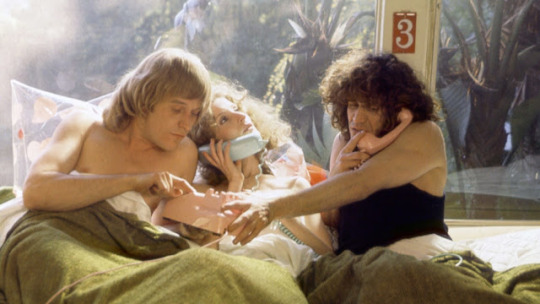
James Rado, Viva, and Gerome Ragni in Lions Love (...and Lies) (Agnès Varda, 1969)
Cast: Viva, James Rado, Gerome Ragni, Shirley Clarke, Carlos Clarens, Eddie Constantine, Max Laemmle, Steve Kenis, Hal Landers, Peter Bogdanovich, Billie Dixon, Richard Bright. Screenplay: Agnès Varda. Cinematography: Stevan Larner. Art direction: Jack Wright III. Film editing: Robert Dalva, Carolyn Hicks. Music: Joseph Byrd.
Maybe Agnès Varda's pseudo-documentary Lions Love (...and Lies) is just what we need to watch in this time of a persistent pandemic, a shaky economy, and a threat to democracy from the followers of a corrupt and malignant narcissist, if only to remind us that things also looked pretty grim in the late 1960s, with the Vietnam War seemingly unstoppable and the assassinations of Martin Luther King Jr. and Robert Kennedy casting a pall. We survived that, and we'll survive this. Or so we can hope. Not that Lions Love starts out on a grim note. Instead, we find ourselves at a performance of Michael McClure's play The Beard, about an encounter between Jean Harlow and Billy the Kid, and then hanging out in a Hollywood mansion with one of Andy Warhol's entourage, Viva, and the creators of the musical Hair, James Rado and Gerome Ragni. Frivolity with an edge, you might say. But things darken with the arrival of filmmaker Shirley Clarke, playing herself as a New Yorker in La La Land, where she hopes to get studio backing for a film. She's not at home there at all, certainly not in the hedonistic way of the aforementioned trio, who revel in the glitz of the setting. And then the calendar begins to remind us that this is 1968, the windup of Bobby Kennedy's campaign for the Democratic nomination in California, and the darkness deepens -- at least for the moment. To add to the chaos of Kennedy's assassination, Viva receives word that Warhol himself has been shot. Yet before long, the trio are back in their old hedonistic mode. Varda handles this tonally complex subject (I hesitate to call it a story) with all the irony it deserves, and even makes an on-screen appearance when Clarke rebels against the demands of Varda's script that she attempt suicide. It's a movie that only looks like a mess, because once it was over, I found myself sorting through my own memories of the period to try to bring order out of the chaos it portrays. Lions Love is history as tragicomedy.
3 notes
·
View notes
Text
September 5, 2018

HANS ULRICH OBRIST: You were on the first-ever cover of Interview magazine. How did that come about?
AGNÈS VARDA: Like everybody, I wanted to meet Andy Warhol. I was impressed by his work and how daring he was. I think he changed the cinema completely, simply by opening his camera and letting it go. He dealt differently with time and duration, and he didn’t care about how people would perceive it. It changed the cinema for me. It doesn’t mean that I loved to watch his films—because eight hours is boring—but the concept was revolutionary.
OBRIST: When did you first meet Warhol?
VARDA: We met here and there in New York, at some underground film screenings. In 1967, he invited Jacques and me to visit him at his Factory. A lot of people were there—Nico, the young men acting in his films, beautiful women like his muse Viva. When I was preparing Lions Love (…and Lies), I had in mind to cast Viva, so I went to the Factory to ask Andy to convince her. Andy was nice to me and said to Viva, “This is Agnès. You should work with her. She made a film called Cléo from 5 to 7. It’s a beautiful film.” I loved that. Then he added, “If I had made this film, we would have shot from five to seven.” Andy cared about Viva, and that’s why they decided to make the cover. That cover image is interesting, because the way the three characters are positioned is a total copy of a Picasso drawing.
OBRIST: Was Picasso an inspiration for you?
VARDA: I’m not sure I would call him an inspiration, but I was fascinated by his capacity for invention. The way he changed all the time gave me lots of strength.
OBRIST: In your original Interview story about the making of Lions Love (…and Lies), you talk about Hollywood as a space of freedom. What did you mean by that?
VARDA: The way I worked there was total freedom, given to me by Max Raab, who produced the film. Carlos Clarens, who helped me write the screenplay, said that Hollywood, at its birth, was “an orange grove with breakfast served by the Ritz.” My film is about three characters who want to be Hollywood stars, but they don’t want to play the game. They want to remain naked all the time, have a good time, and say what they want to say. That time was all about sex and politics. The film was happening in June 1968, and the three of them are in bed when they find out about the [Robert] Kennedy assassination. In the screenplay, the day after, Viva learns of the shooting of Andy Warhol, which also happened that week. The TV stations didn’t mention the shooting of Andy Warhol, but the death of Kennedy was commented on nonstop. In the days following Kennedy’s assassination, they took his corpse on a train from Los Angeles to New York to go to St. Patrick’s Cathedral. His corpse’s trip was on TV for days. I remember seeing a woman ironing her laundry while watching the train with Kennedy’s dead body pass by her window. I wanted that to be a part of the film. Three stars plus a TV set.
OBRIST: Where did the title Lions Love (…and Lies) come from?
VARDA: Lions, because of the actors’ hair. Love, because it is a love threesome. And lies, because it’s about the news and Hollywood. On our set, everything was half-fake: Real flowers, fake flowers. Real columns, fake columns. Secrets and lies. And that’s because Hollywood is fake—but true at the same time.
OBRIST: You and Jacques first moved to Hollywood in the late ’60s. What are your memories of that arrival?
VARDA: I remember telling Jacques, “I’ll go with you to America, but if I don’t like it, I’m coming back.” I wasn’t attracted to American cinema, but I fell in love with Los Angeles the minute I arrived. We rented a little house and two white convertibles. In those days, when Jacques was starting to work with Columbia [Pictures] on Model Shop, I loved driving slowly down these endless boulevards. I got very excited not only by the Los Angeles landscape but by that generation. It was a lot of peace and love, hippies, huge Sunday meetings in the parks. The Doors, Buffalo Springfield, and the Mamas & the Papas would come over and play for free.
OBRIST: Were you not in Paris during the protests of May 1968?
VARDA: No, I was in America with the Black Panthers
OBRIST: How did that film, Black Panthers, come about?
VARDA: I was friendly at the time with [the film producer] Tom Luddy, who told me about the marchers in Oakland and about Huey P. Newton, one of the leaders of the Black Panthers, who was in jail. I would take a plane there every Sunday, and I filmed all of them—Eldridge Cleaver, Bobby Seale. I was sometimes alone with my camera, sometimes helped. I would smile and say, “French television,” and they would just let me film. I felt it was important to capture that time when they were fully empowered. A couple years later their movement was all in pieces.
OBRIST: How did it feel to be in California for that moment in time, and then to return almost 50 years later to receive an honorary Oscar?
VARDA: It was the surprise of my life. Those honorary Oscars are given to filmmakers and artists who they respect and admire, but who were never mainstream. I was delighted, of course. The room was filled with all these stars, and here I was with my family. In my head I was dancing, and then it really happened. Angelina Jolie gave me the statue, took me by the arm, and we improvised a little dance.
OBRIST: You’re busier now more than ever. What is the secret that has allowed you to stay creatively active for nearly seven decades?
VARDA: I’m curious. Period. I find everything interesting. Real life. Fake life. Objects. Flowers. Cats. But mostly people. If you keep your eyes open and your mind open, everything can be interesting. The secret is that there is no secret.
OBRIST: How have you allowed yourself to follow these curiosities?
VARDA: What I notice or discover has to grow in my mind. I always wait until the ideas and impulses are so strong that they invade my mind and I have to pursue them. My mind is often half-sleeping, like in a daydream. Then some images come together, some ideas, and then suddenly I have to do it. Like with Cléo from 5 to 7—at the time, there was this collective fear of cancer. People spoke about cancer a lot. The subject of a woman expecting the results of a cancer test felt interesting, and so I decided to do it in real time, with real geography.
OBRIST: How did you feel about being called “The Grandmother of the French New Wave,” when you were just 30 years old?
VARDA: That was related to my first film, La Pointe Courte, which I made in 1954, five years before the blooming of [Jean-Luc] Godard and [François] Truffaut. I used to be the Grandmother of the New Wave, but now I am the Dinosaur of the New Wave. Only Godard and I are left alive.
OBRIST: The Nouvelle Vague was dominated by men. Is that what prompted you to make a film like One Sings, the Other Doesn’t?
VARDA: No, there was no connection between the New Wave and my feminist musical film from 1976. Since 1973, I had written a few screenplays on feminist subjects, but nobody wanted them. So in 1976, I produced One Sings, the Other Doesn’t, about 15 years of struggle as experienced by two women. You know, women used to be put in prison when they had abortions. The last woman to be executed by guillotine in France had been an abortionist. It’s a terrible story, isn’t it? There was a famous manifesto signed by 343 women who proclaimed, “We’ve Aborted.”
OBRIST: Did you sign it?
VARDA: Yes. So did Françoise Sagan, Catherine Deneuve, Delphine Seyrig, Colette Audry, and many more. There were trials. Young women were being put in prison. The manifesto said that this was clearly an injustice. The law was striking down on us. Charlie Hebdo and Minute were calling it the Manifeste des 343 Salopes [“Manifesto of the 343 Bitches”]. There was such contempt toward women’s desire to be free.
OBRIST: Your work has spanned the worlds of film and contemporary art. You and I first came into dialogue during a project for the 2003 Venice Biennale called Utopia Stations, in which Molly Nesbit, Rirkrit Tiravanija, and I asked 120 artists and groups to create small, autonomous structures. We called you hoping that we could somehow convince you to be a part of it.
VARDA: That was one of those calls where you’re ready before the phone even rings. I had already been filming and photographing the heart-shaped potatoes that would appear in that project, “Patatutopia.” And then here arrives this strange news that Hans Ulrich Obrist wants me to join all of these very famous artists in this exciting exhibition.
OBRIST: That was your first installation.
VARDA: The first of many. I started to build actual shacks from composite prints of my own films.
OBRIST: Lions Love (…and Lies) became the basis for one of your shack installations at LACMA in 2013.
VARDA: To tell you the truth, my first real exhibition was in this very courtyard in 1954. I had no idea I could sell pictures. I thought I could just invite my neighbors, and they all came. This courtyard has always been a base for me. I wrote my first film, La Pointe Courte, in 1954 on a table like this one. I just celebrated my 90th birthday, and I often think, “My God, look at all of these waves of work!” It’s not just about memories, because thankfully I’ve forgotten many things.
OBRIST: How did you celebrate your 90th birthday?
VARDA: I swam in the ocean.
1 note
·
View note
Text


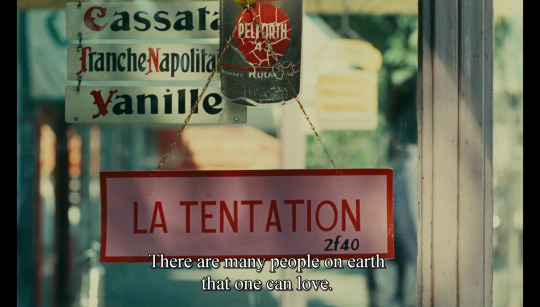
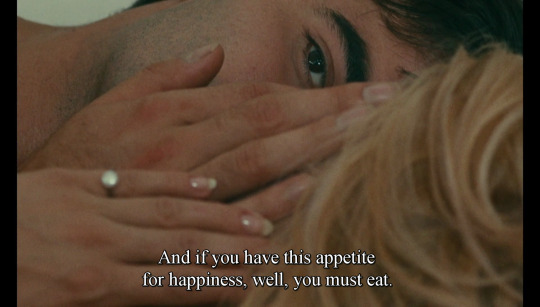
Viva Varda! (Pierre-Henri Gibert, 2023)
#Viva Varda!#Viva Varda#Agnès Varda#Varda#Agnes Varda#Pierre-Henri Gibert#Pierre Henri Gibert#2023#documentary#film#cinema#french cinema#nouvelle vague#title credits#portrait#french new wave#love#freedom#le bonheur#1965#Marie-France Boyer#Marie France Boyer#metaphor
779 notes
·
View notes
Text
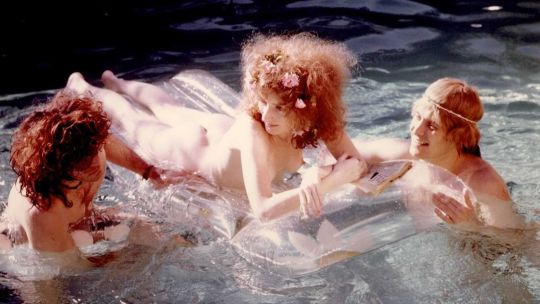
Gerome Ragni, Viva et James Rado dans “Lions Love (… and Lies)” d'Agnès Varda (1970), mars 2024.
39 notes
·
View notes
Text
1 note
·
View note
Text
La Cinémathèque française rend hommage à Agnès Varda dans une exposition entièrement consacrée à l'une des rares femmes cinéastes de sa génération. La visite permet de découvrir son travail de photographe et de cinéaste, son sens aiguisé de l'observation du monde et son gout pour les histoires singulières, au croisement du réel et de l'imaginaire, en prise avec les bouleversements sociaux du XXème siècle.
Visite guidée de l'exposition Viva Varda !, samedi et dimanche à 16h30.
6 notes
·
View notes
